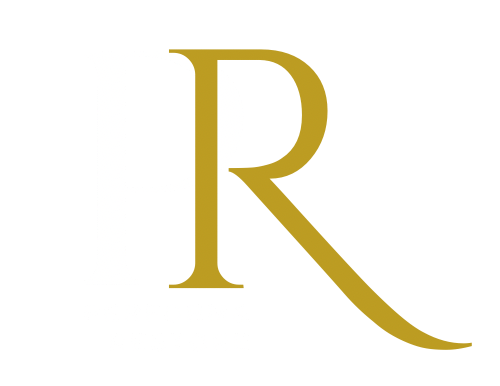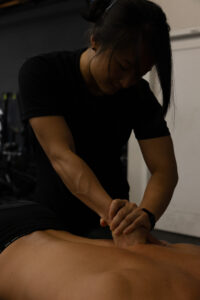How does recovery make me a better athlete?
Recovery is a crucial aspect of athletic performance and plays a significant role in improving one’s athletic ability. We can’t work hard day in and day out in the gym, on the court, or on the turf without proper recovery. Here are ways in which proper rest and recovery contributes to improved athletic performance:
Muscle Repair and Growth
During exercise, especially strength training, muscles and the surrounding connective tissue undergo micro-tears. This leads to soreness and inflammation. Techniques such as massage, cupping, and scraping allows these muscles to repair and grow stronger. This is essential for building muscle mass, strength, and endurance.
Reduced Risk of Injury
Extensive exercise without adequate rest can lead to overtraining, fatigue, and increased risk of injuries. Over time, athletes might find that their muscles aren’t able to perform as well as they used to, or become excessively restricted/tight. This is a sign that you need to prioritize recovery techniques. This gives your body the chance to repair itself, reducing the risk of overuse injuries and ensuring that your body is ready for the next training session.
Improved Mental Focus
Recovery isn’t just about physical recuperation; it also involves mental rest. Continuous training without sufficient rest can lead to mental fatigue and decreased concentration. Sleeping adequately, taking care of your body, and spending time away from your sport or physical activity helps refresh your mind, allowing you to stay focused during training and competition.
Optimized Hormonal Balance
Intense exercise and/or training can disrupt hormonal balance, leading to increased levels of stress hormones such as cortisol. Recovery techniques helps regulate these hormonal fluctuations, promoting a healthier day-to-day hormonal balance that is crucial for performance and overall well-being.
Enhanced Energy Levels
When the body undergoes strenuous exercise, it draws energy from glucose in the bloodstream and glycogen in the muscles and liver. Rest time that involves adequate nutrition helps replenish energy stores in the body. This ensures that you have the necessary energy reserves for subsequent workouts, reducing the likelihood of fatigue and improving overall endurance.
Better Sleep Quality
Quality sleep is a fundamental aspect of athletic performance. During sleep, the body releases growth hormone, which is essential for muscle repair. Poor sleep can hinder the body’s ability to repair itself, impacting athletic performance. In some cases, intense exercise and competition can disrupt sleep, so it is crucial to find the right balance between training and recovery.
Inflammation Reduction
Intense physical activity can lead to inflammation. Our modalities (cupping, scraping, massage), combined with proper nutrition, can help reduce inflammatory markers, improve circulation, and promote faster recovery.
Prevention of Burnout
Overtraining with insufficient rest can contribute to burnout, both physically and mentally. Taking time for recovery allows you to enjoy your training and competitions, reducing the risk of burnout and promoting a sustainable athletic career.
Adaptation to Training Stimuli
The body needs time to adapt to the stress imposed by training. Rest days combined with recovery techniques allow for these adaptations to occur, leading to improved performance over time.
In summary, recovery is a holistic process that involves physical and mental aspects, and it is essential for maximizing the benefits of training. Prioritizing recovery as part of your athletic routine can lead to improved performance, reduced soreness and injuries, and a more sustainable and enjoyable athletic experience.
Here at Perform & Restore Physical Therapy, we understand the value of recovery and have shown its worth time and time again in our runners, CrossFit, Weightlifting, and Strongman athletes. All people who exercise regularly can benefit from our recovery services. If you are interested in reading more about what we offer, please click here.


